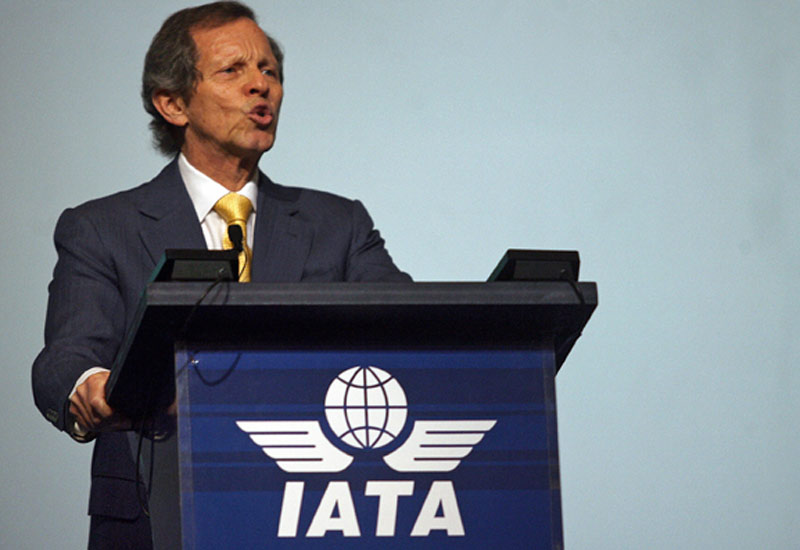Airlines must not rope in national governments to try and resolve tensions over the rapid growth of Gulf carriers, the head of the International Air Transport Association (IATA) warned.
“The solution to call in governments as advocates or referees has not worked,” said IATA director general and CEO Giovanni Bisignani during an industry address in Singapore.
“And it will not work. As leaders of a global industry, we must find a fair and reasonable way forward ourselves.”

| Advertisement |
Gulf carriers have clashed with European and US carriers over their ambitious route expansions and their access to financing from export credit agencies to fund their rapidly-growing fleets.
Rival international operators claim airlines such as Etihad, Emirates and Qatar Airways use unfair subsidies to finance aircraft deals and to take market share from existing airlines.
Some US and European airlines are also impacted by a so-called 'home market rule,' which states that countries where Boeing and Airbus build aircraft cannot use export credit agencies to help their carriers buy passenger airliners.
Emirates Airline, the world’s No. 1 airline on international routes, has more than 190 aircraft on order from Boeing and Airbus worth some $66bn.
In recent years, European and North American airlines have increasingly lobbied their governments to curb the number of landing slots granted to Gulf carriers.
A disagreement with Canadian authorities over increased landing rights and destinations for Emirates and Etihad escalated into a political spat last year.
The UAE closed down Camp Mirage, a military base used by Canada to supply its operations in Afghanistan, and also banned free visas for Canadian nationals entering the country.
Earlier this week, Etihad CEO James Hogan said that the airline was willing to “work with local carriers to grow the market” in Canada.
Neighbouring Qatar Airways said in May it will press for daily flights to four cities in Canada in a bid to muscle in on national carrier Air Canada’s long-haul market.
Germany’s Lufthansa has lobbied its national government to block Emirates from gaining further landing slots in the country. The Dubai airline is seeking to add services to Berlin and Stuttgart, on top of links to Frankfurt, Munich, Dusseldorf and Hamburg.
In March, Austria’s air traffic control centre rejected Emirates’ bid to almost double its daily flights to Vienna under its planned summer flight schedule, amid a wider row between Austrian Airlines (AUA) and the Dubai carrier over access to the European market.
Peter Malanik, co-chairman of AUA, accused Emirates of leveraging its stake links to squeeze out European airlines. “It’s not a match of airline against airline – it’s a game between a state and AUA,” he said. “The situation is similar to the production of T-shirts using child labour. AUA would need to hire 1,000 staff from Bangladesh immediately to be able to compete.”
Emirates has blamed the failing business models of legacy carriers for their inability to compete.
His comments were echoed by Emirates Airline’s president Tim Clark in February, when he said European carriers should address their own failing business strategies rather than attacking the growth of Gulf airlines.
“It has taken European carriers donkeys’ years to adapt their business models to the changing dynamics of global civil aviation,” President Tim Clark said in January. “They haven’t been able to align their traffic flows to what is going on, whereas we have.”
Last week, a report co-commissioned by Emirates claimed that the Dubai-based carrier’s international operations were boosting some national economies by as much as one percent of GDP.









 Search our database of more than 2,700 industry companies
Search our database of more than 2,700 industry companies









